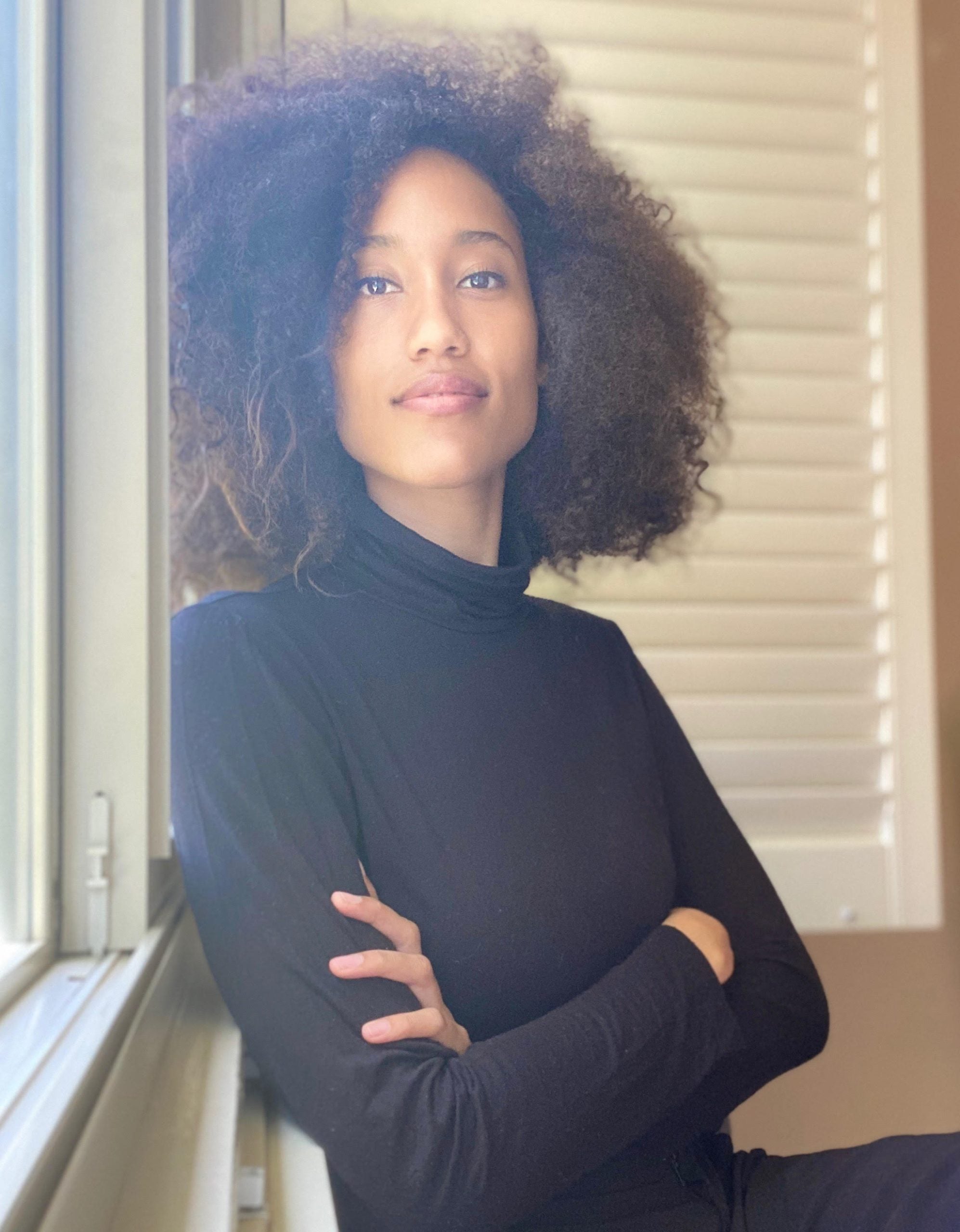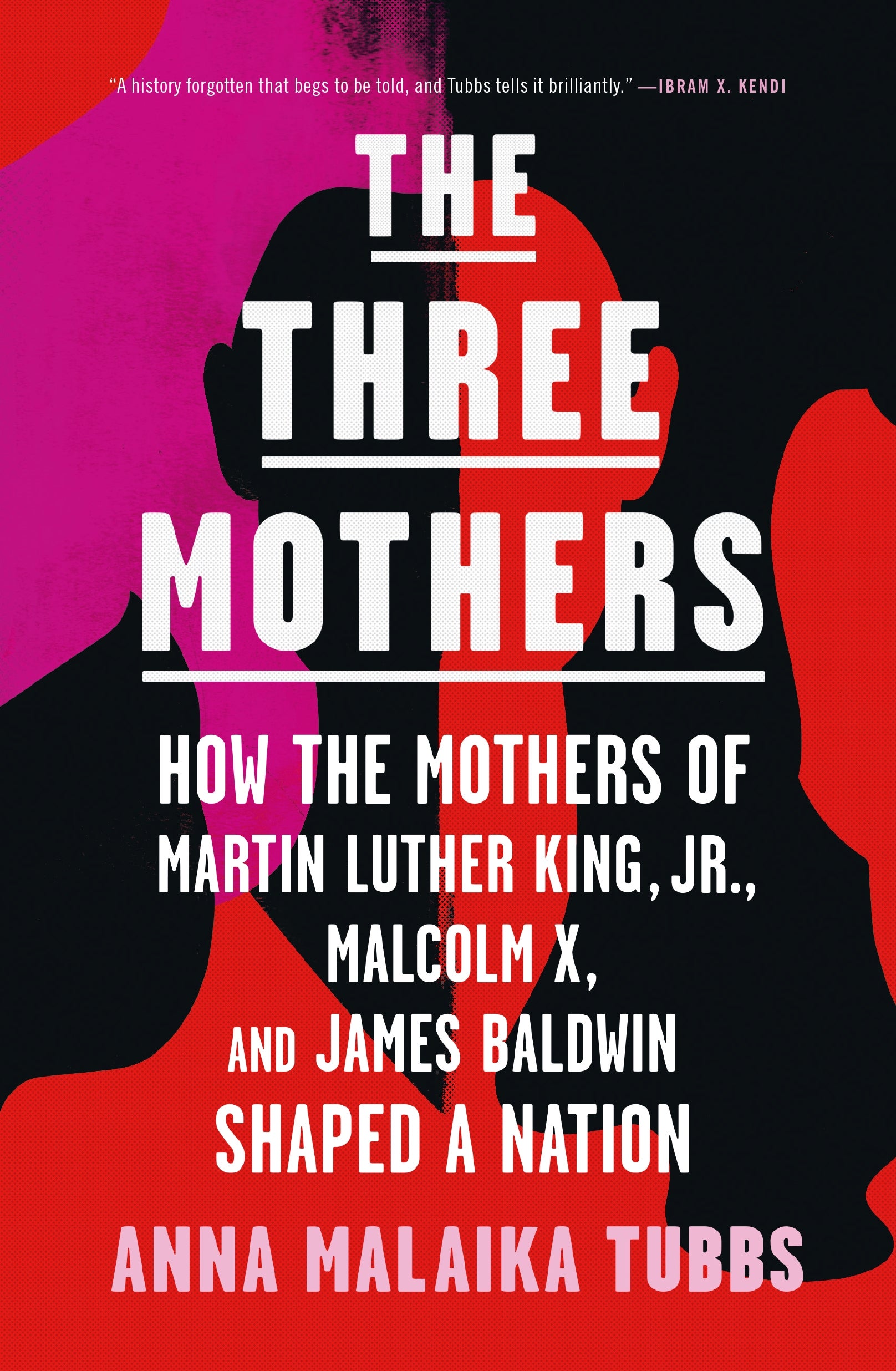
As you honor the contributions Dr. Martin Luther King Jr. made to our society on this day of observance, remember that in addition to being a Nobel Peace Prize winner, a master orator, and a cornerstone of the Civil Rights Movement, he was a human being first. He was a husband, a father and first, a son — a child of Alberta King. And while you may not think of her or see her in the stories told of Martin, her influence was significant to him being the figure he was. As he once wrote, she was “behind the scene setting forth those motherly cares, the lack of which leaves a missing link in life.” She was in the background, but the foundation of the King family.
“In order to better understand him, we have to understand the loved ones around him and Alberta is a great place to start,” says author and scholar Anna Malaika Tubbs. “The mom who took her passion, her talent and translated those into her mothering. He was very proud to take those lessons and share them with the world.”
Tubbs is the writer of New York Times best-selling book, The Three Mothers: How the Mothers of Martin Luther King, Jr., Malcolm X, and James Baldwin Shaped a Nation (2021), which put the spotlight on the women often if not always overlooked in the stories of the three legendary men. An example of this deletion of their place in history is found in the fact that the author had to do extensive interviewing of family, historians, experts on Martin, Malcolm and James, and work closely with researchers because it was so hard to find information that went into much detail about the mothers.
“It was incredibly difficult,” she recalls. “In many ways, these mothers have been erased.”
Alberta King, Berdis Baldwin and Louise Little became her Katherine Johnson, Dorothy Vaughan and Mary Jackson — her Hidden Figures. Tubbs was inspired by Margot Lee Shetterly’s book, as well as The Warmth of Other Suns by Isabel Wilkerson, when she first began piecing together their stories in 2015. What she learned, including of Alberta, she knew she had to share in a book.
“Her passion, her talent, her intellect, long before she thought of having children, long before she even got married, impact Martin Luther King Jr.’s path later on,” she says of the matriarch. “She was a freedom fighter. She was raised by the leaders of Ebenezer Baptist Church. She knew that faith should always be intertwined with social justice. She stood against oppression and poverty. She had a college degree. She had a teaching certificate. In the early 1900s, for her to be that educated says so much about her family and their belief in education as a tool for freedom. And she uses that not for herself but to advance something forward for her entire community.”

Aside from her role as a mother, wife and social justice activist (she was a member of the NAACP, YWCA and Women’s International League for Peace and Freedom), she was a woman of God. She provided encouragement even in moments of great concern as her son’s life was constantly threatened. “She believed that this is his calling and she can’t stand in the way of that,” the writer says. “She was very honest about feeling vulnerable, feeling scared, feeling worried, but trusting God through that.”
And she also played a significant role in helping Rev. Martin Luther King Sr. to be the educated minister and early activist in the Civil Rights Movement he was, setting a “noble example” for junior Martin that he solely tends to get the credit for but tried to share.
“In his autobiography, when he met her, he describes himself as a ‘green country boy’ and she was the Alberta Williams. The daughter of Ebenezer Baptist Church. This sophisticated woman with this college degree and he didn’t have the same opportunities as she did,” she says. “He was actually considered illiterate at the time he met her. She helped him get into Morehouse. She tutored him through his college education. He says in the autobiography, he couldn’t have been who he was without her.”
All that being said, revealing these details is not about giving Alberta bragging rights over the legacy of Dr. King. Instead, as Tubbs says, it’s about telling the truth and recounting the story right for all mothers — Black mothers, especially — who are often overlooked but so important in this country’s story.

“It’s a disservice to all of us when we don’t know how people came to be who they are [and] if we don’t share the strategies we’ve used to survive and to thrive and be happy,” she says. “[It’s a disservice] if we can’t say this is part of generations of our family. It’s not you, child, who did this all on your own.”
She adds, “It’s not about credit. It’s about an accurate representation of the events that occurred and how we arrived where we are right now. If we’re not willing to share the stories, then we actually are repeating cycles of erasure and violence that we really need to heal from. And a big part of that is being able to say, proudly, ‘Yeah, I did that. I contributed to that. This is how I did that and this is how it was difficult for me,’ so we don’t have to keep experiencing this as mothers. And especially as Black mothers in the U.S., it’s really time we better understand and even study the strategies that Black women have employed to still give life to this world, not only through our children but through our activism, through our art and creativity, and not feel as though we have to shy away from the light.”
The Three Mothers: How the Mothers of Martin Luther King, Jr., Malcolm X, and James Baldwin Shaped a Nation can be found wherever books are sold.